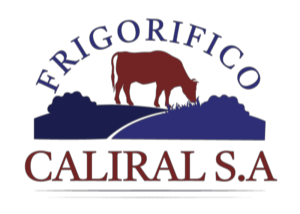Sustainability
Our Commitments
Uruguayan Caliral S.A. is committed to sustainability and reducing its environmental footprint. The company has set up a Sustainability Action Plan that is focused on issues that matter the most to stakeholders, identified through a materiality process. The plan includes key initiatives that are currently in progress, and the company has achieved significant results that it can build on.
Uruguayan Caliral S.A. is committed to supporting a holistic approach to farming that is focused on outcomes measurement and continuous improvement. The company is underpinning its approach on eight principles that align with the NZFAP+ and help meet consumer expectations for premium quality, sustainably grown red meat. These principles include:
- Minimising soil disturbance
- Optimising biodiversity
- Managing livestock grazing practices
- Protecting and regenerating soil health
- Optimising animal welfare
- Nurturing farming communities
- Protecting and enhancing the natural environment
- Reducing carbon footprint
Uruguayan Caliral S.A. has been proactively working with 17 farmer suppliers to understand their carbon footprint and optimise carbon storage on their farms. Building on this pilot, the company will launch its first range of Toitū Net Carbon Zero Certified Beef in the United States in early 2022, incentivizing farmers to invest in and maintain on-farm carbon sequestration, including native and riparian planting.
Uruguayan Caliral S.A. has committed to a 1.5-degree science-aligned reduction target to reduce its combined Scope 1 and Scope 2 emissions by 42% by 2030 (from a 2020 base year). The company aims to have zero coal usage by 2030 and will halve its emissions from coal over the next two years. In 2023, it will set a full Scope 3 emissions target inclusive of livestock emissions, which it believes will be a game-changer.
Our Sustainability Action Plan
Caliral S.A’s Sustainability Strategy is centered on the topics that are of utmost importance to our stakeholders, which were identified through our materiality process. As part of this strategy, we are currently implementing several essential initiatives and have already achieved significant positive outcomes that we can leverage for further progress.
